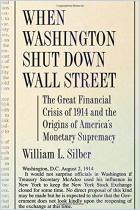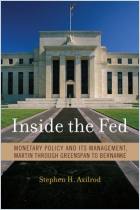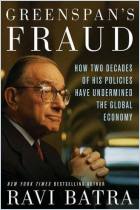Únase a getAbstract para acceder al resumen.

Únase a getAbstract para acceder al resumen.
William L. Silber
Volcker
The Triumph of Persistence
Bloomsbury Press, 2012
¿De qué se trata?
Paul Volcker’s integrity guided him during tempestuous times at the helm of the Federal Reserve.
Recommendation
Paul Volcker’s family extolled public service as honorable and necessary, instilling in him a duty to serve. He sought and spoke the truth – not the politics – of situations as he lived them. His plainspokenness cost him being appointed US treasury secretary a few times. His greatest achievement was becoming Federal Reserve chairman in 1979 and taming chronic inflation. Hardships, such as family illnesses and financial stress, never tempered his devotion to public service. In his 80s, he contributed vital facets of recent financial regulation in the form of the “Volcker Rule.” Author and professor William L. Silber brings his professional and personal relationship with Volcker to bear on this significant biography of an “American financial icon.” Volcker sat for interviews and shared personal documents, which lend the book a singular intimacy, but this is a definitive portrait, not hagiography. getAbstract recommends it to bankers, students of finance and politics, financial strategists and anyone who seeks to understand Paul Volcker.
Summary
About the Author
William L. Silber, co-author of several classic textbooks on finance, including Money, is an economics and finance professor at New York University’s Stern School of Business.





















Comment on this summary